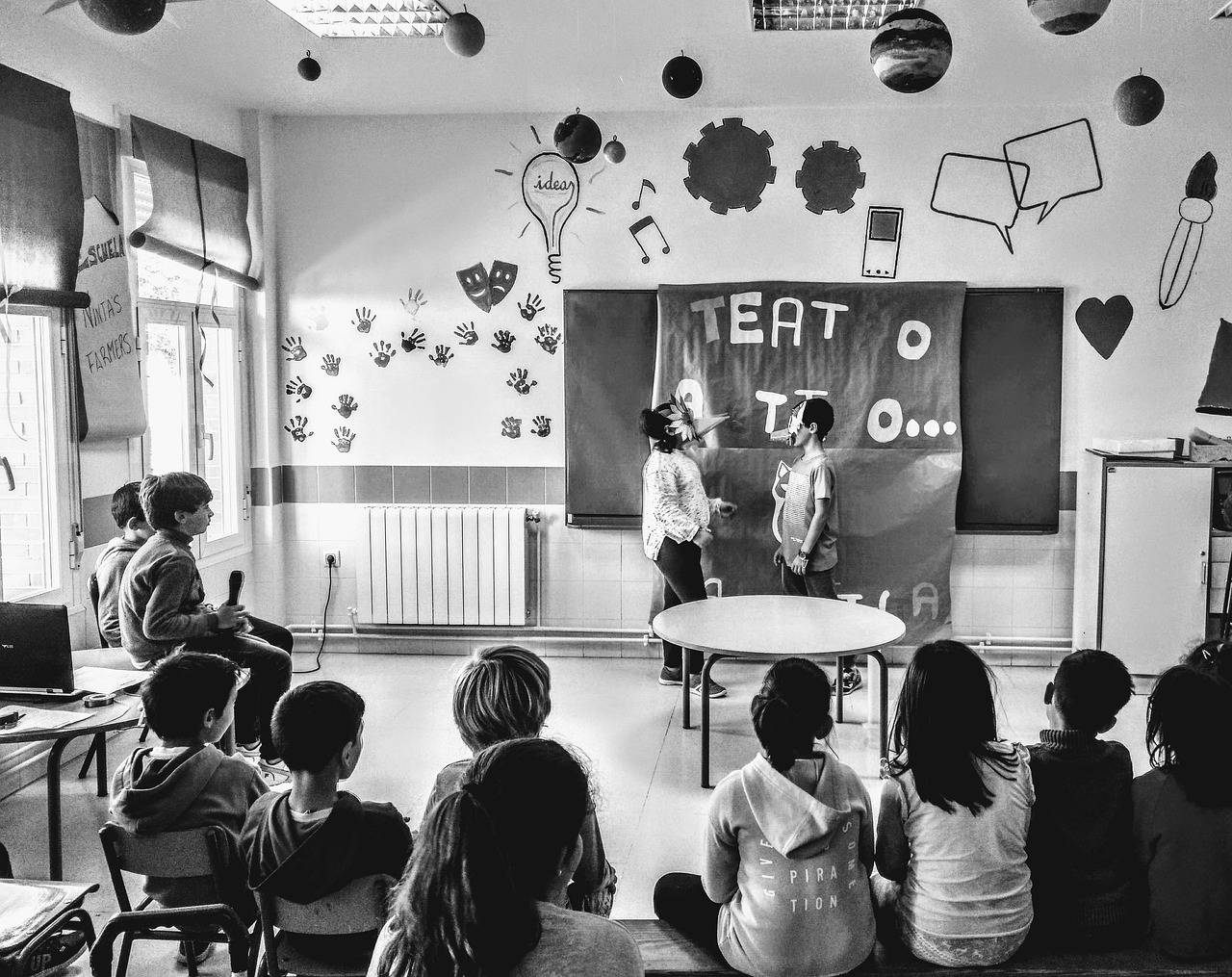Navigating Culturally Responsive Approaches to Teaching Health Education
When considering cultural diversity in health education, it is crucial to acknowledge the varied backgrounds and beliefs that individuals bring to the healthcare setting. This diversity encompasses a wide range of factors, including but not limited to language, customs, values, and behaviors. Understanding and respecting these differences is essential for health educators to effectively communicate and engage with patients from diverse cultural backgrounds.
Cultural diversity in health education also highlights the importance of providing culturally appropriate and sensitive care. By recognizing and valuing the unique perspectives and needs of each individual, health educators can foster trust and rapport with their patients. This approach promotes positive health outcomes and helps to bridge any potential gaps that may exist in healthcare access and delivery among different cultural groups.
Defining Culturally Responsive Teaching
Culturally responsive teaching is a pedagogical approach that recognizes the importance of integrating students’ diverse cultural backgrounds into the educational process. It goes beyond simply acknowledging cultural differences to actively incorporating them into curriculum design, teaching strategies, and classroom interactions. This approach aims to create an inclusive and supportive learning environment where all students feel respected, valued, and understood.
At its core, culturally responsive teaching involves understanding the cultural norms, values, and beliefs that shape students’ lived experiences. Educators who embrace this approach strive to adapt their teaching methods to accommodate the diverse learning styles and needs of their students. By fostering cultural competence and sensitivity in their teaching practices, educators can enhance the academic success and overall well-being of all students, regardless of their cultural backgrounds.
What is cultural diversity in health education?
Cultural diversity in health education refers to the variety of different cultural beliefs, practices, and values that influence individuals’ health behaviors and outcomes.
What does culturally responsive teaching entail?
Culturally responsive teaching involves recognizing and valuing the cultural backgrounds and experiences of students, adapting teaching strategies to meet their diverse needs, and fostering a positive and inclusive learning environment.
How can educators incorporate culturally responsive teaching in health education?
Educators can incorporate culturally responsive teaching in health education by integrating diverse cultural perspectives into the curriculum, using culturally relevant examples and materials, and promoting respect for all students’ backgrounds.
Why is culturally responsive teaching important in health education?
Culturally responsive teaching is important in health education because it helps to address disparities in health outcomes among diverse populations, promotes inclusivity and equity in the classroom, and enhances students’ overall learning experience.






